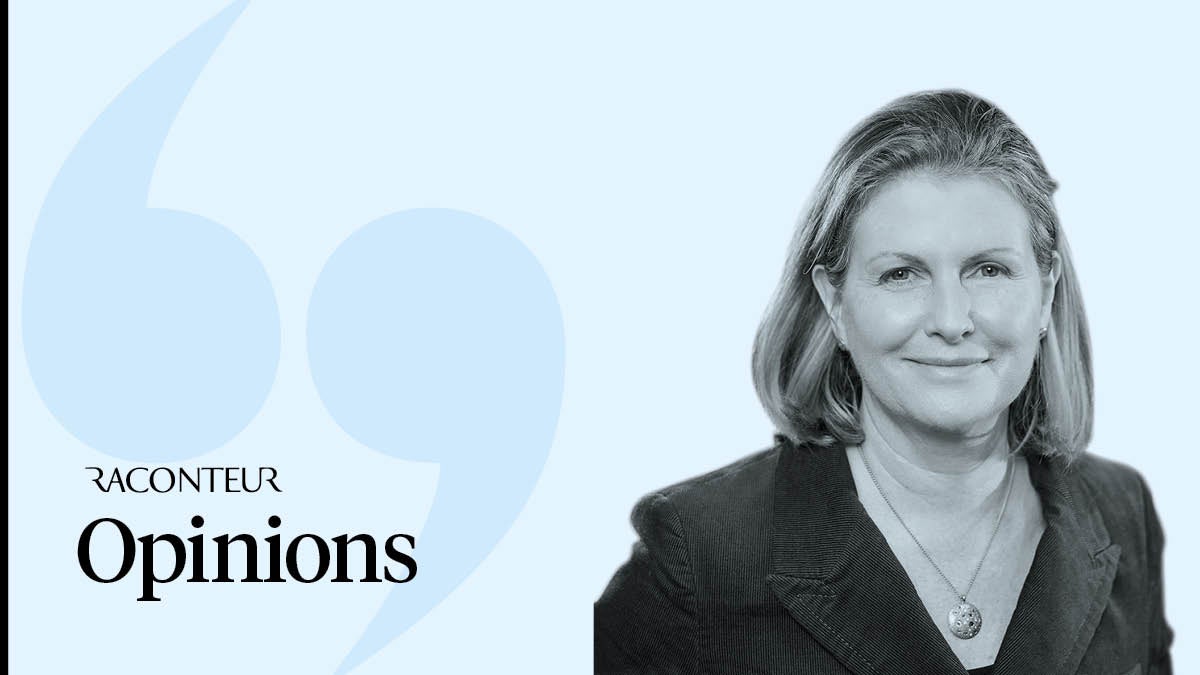
For too long, we have allowed a cycle of panic and neglect when it comes to pandemics: we ramp up efforts when there is a serious threat, then quickly forget about them when the threat subsides.
These words from the World Health Organization are now all too familiar. And the WHO added: “There is a very real threat of a rapidly moving, highly lethal pandemic of a respiratory pathogen killing 50 to 80 million people and wiping out nearly 5 per cent of the world’s economy.”
More than a million people have already died of coronavirus and the World Bank has forecast a 5.2 per cent reduction in global GDP for 2020. COVID-19 has produced the worst-case economic impact, with so far only a fraction of the worst-case death toll.
The International Bank for Reconstruction and Development predicted a global pandemic would result in a drop in GDP in Africa, Asia and South America of around 1 to 2 per cent, compared to a drop of only zero to 1 per cent in North America, Europe and Australia. In terms of GDP, coronavirus has had the opposite effect.
This mismatch between what we knew a pandemic could do in terms of mortality and what we thought it would do to the wealthiest economies can be seen in the discourse around insurance.
Insurance wasn’t ready enough for COVID
The kinds of insurance that protect against the physical impact of a pandemic – life and disability insurance – have performed as everyone would expect, but the forms meant to protect against the economic impact of a pandemic, including business interruption insurance, have come under much greater scrutiny.
The issue is not around the financial viability of insurance companies. Lloyd’s of London, for example, reported that the first half of 2020 had been “exceptionally challenging” and it expected to pay out £5 billion globally in claims. But it also said it could “withstand the ongoing impacts of COVID-19”.
Although the financial impact is manageable, we have seen a mismatch between public expectations of insurance and the products designed and sold by the sector, leading to headlines like the BBC’s Coronavirus: We’ve spent £10,000 on invalid insurance.
On one level, this is being resolved in the courts, but we must also take action to reduce the chances of such a mismatch in future.
How insurance can work for future pandemics
First, we must reach a clearer settlement with the government about what the insurance profession can raise in voluntary premiums in a competitive market and what government can raise through taxation.
Second, we must find a way of educating clients about the limitations of insurance. This is not simply a case of tightening up wordings in policy documents, which most people don’t read until they make a claim. Nor is it about brokers and insurers delivering a list of stern warnings at the point of sale; who, for example, wants to hear about how their policy doesn’t cover the effects of nuclear war?
It is a far more challenging problem that involves insurers understanding how every communication, including the name of the product itself, builds up a set of expectations in the minds of their customers. The solution is likely to be in conversations with clients about all the risks they face, which are covered by insurance, and how they can prepare for risks that are not insurable at an affordable cost.
Third, we must continue to pay valid claims quickly, and in a way that shows respect to our customers and helps them retain as much control over their lives as possible. Our research shows that people who make a claim usually have more trust in insurance than those buying or renewing insurance. We need to make sure this experience is the one people most associate with our profession and not the one that comes from a breakdown in communication between us and our public.

For too long, we have allowed a cycle of panic and neglect when it comes to pandemics: we ramp up efforts when there is a serious threat, then quickly forget about them when the threat subsides.
These words from the World Health Organization are now all too familiar. And the WHO added: “There is a very real threat of a rapidly moving, highly lethal pandemic of a respiratory pathogen killing 50 to 80 million people and wiping out nearly 5 per cent of the world’s economy.”
More than a million people have already died of coronavirus and the World Bank has forecast a 5.2 per cent reduction in global GDP for 2020. COVID-19 has produced the worst-case economic impact, with so far only a fraction of the worst-case death toll.





